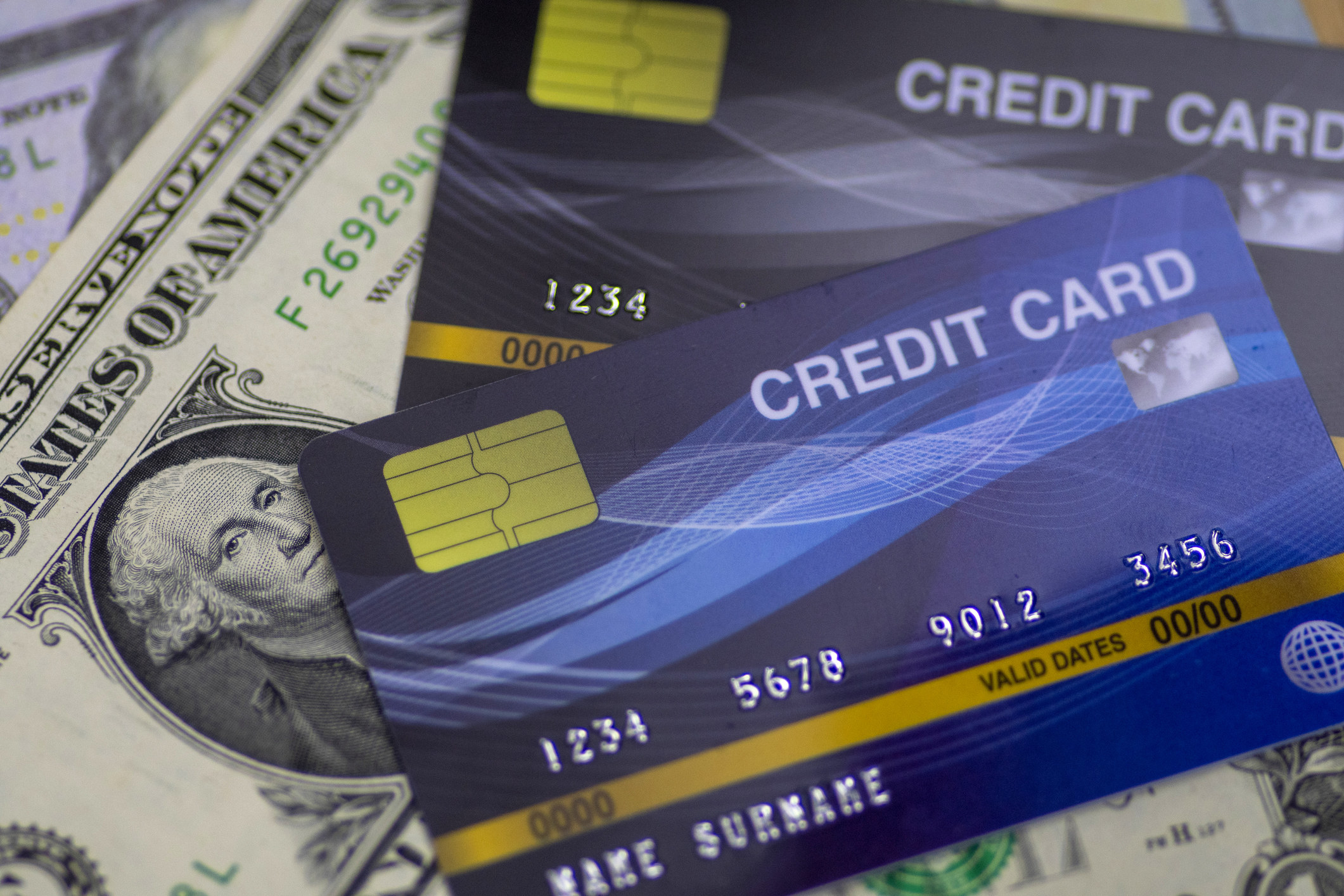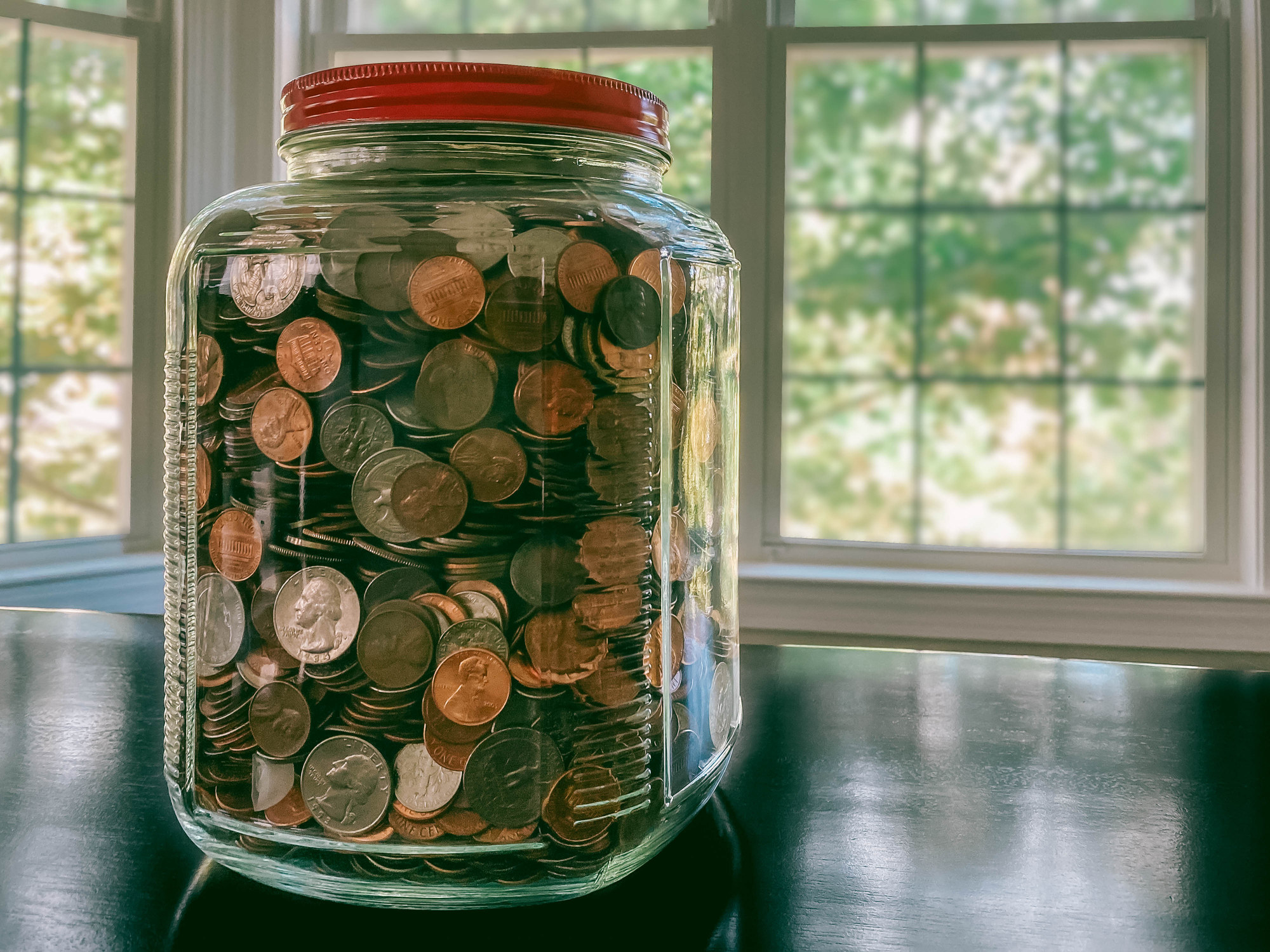We hope you love the products and services we recommend! All of them were independently selected by our editors. Just so you know, BuzzFeed may collect a share of sales or other compensation from the links on this page. Oh, and FYI, prices and rates are accurate as of time of publication.
For many people, debt is a pretty heavy part of life — literally and figuratively. In fact, a past study found that 80% of Americans have some form of debt. But just because debt is so normal in today's society doesn't mean that it's easy to deal with.
Getting rid of your debt means that you give yourself a little more financial freedom. The money you spend on loan payments and consumer debt bills can be used to boost your savings account, start a retirement fund, invest in the stock market, and overall get you closer to some major life goals — like owning a home or going back to school.
So here are some tips you might wanna consider if you're trying to pay off debt.
FYI, financial advice is not one-size-fits-all. You should always carefully consider your own personal circumstances before applying any advice, and consider reaching out to a financial adviser for help.
1. First and foremost, check in on yourself and make sure you maintain a healthy mental space.

2. Simply write down all of your balances so you know *exactly* what you owe.
3. Create digestible goals to keep yourself motivated through the payoff process.
4. Create a budget to see if you have room to make larger payments toward your bill.
5. Make off-cycle payments whenever possible — it'll lower your balance faster.
6. Open a new card with a lower interest rate and transfer your balance to that card, if you can. Even better: find a card that doesn't have any balance transfer fees!

7. Freeze your credit cards — in the most literal of ways.
8. Or, banish any saved credit card info from your phone and computer, and turn off autofill forms — if you *really* want to order something, you'll have to actually get up and grab your credit card.
9. Automate your monthly payments so you don't get hit with late fees on missed due dates.

10. Try the debt avalanche method — which is where you tackle the debt with the highest interest rate first.
11. Or, use the snowball method (aka, putting the most money toward your smallest debts first).
12. Call your credit card company and try to negotiate a lower interest rate.
13. Take advantage of grace periods, especially when it comes to your student loan debt.

14. Use the money from your tax refunds to make a debt payment.

15. Even though it's tempting, never, ever, EVER ignore your payments.
16. If you work in a public service profession, see if your employment qualifies you for loan forgiveness programs.
17. And if you receive bonuses from work, put at least part of the money toward debt.
18. Sometimes, you may have to (temporarily) forego luxury and new purchases to save money for your payments.
19. If you feel like your debt is too overwhelming, you might consider credit counseling.
20. Start a side hustle you'll love and throw the extra income at your debt balance.

21. Use cash back from purchases to make a few extra payments toward your debt.
22. If you work for a company, ask if your employer can help you make student loan payments.
23. Look for lower rates for any services and subscriptions you have, and put the savings toward debt payments.
24. Sell items you no longer use and put the profits toward your debt.
25. And, when you feel like you're soooo close to being done with debt, try a spending freeze to wrangle extra cash for extra payments.

